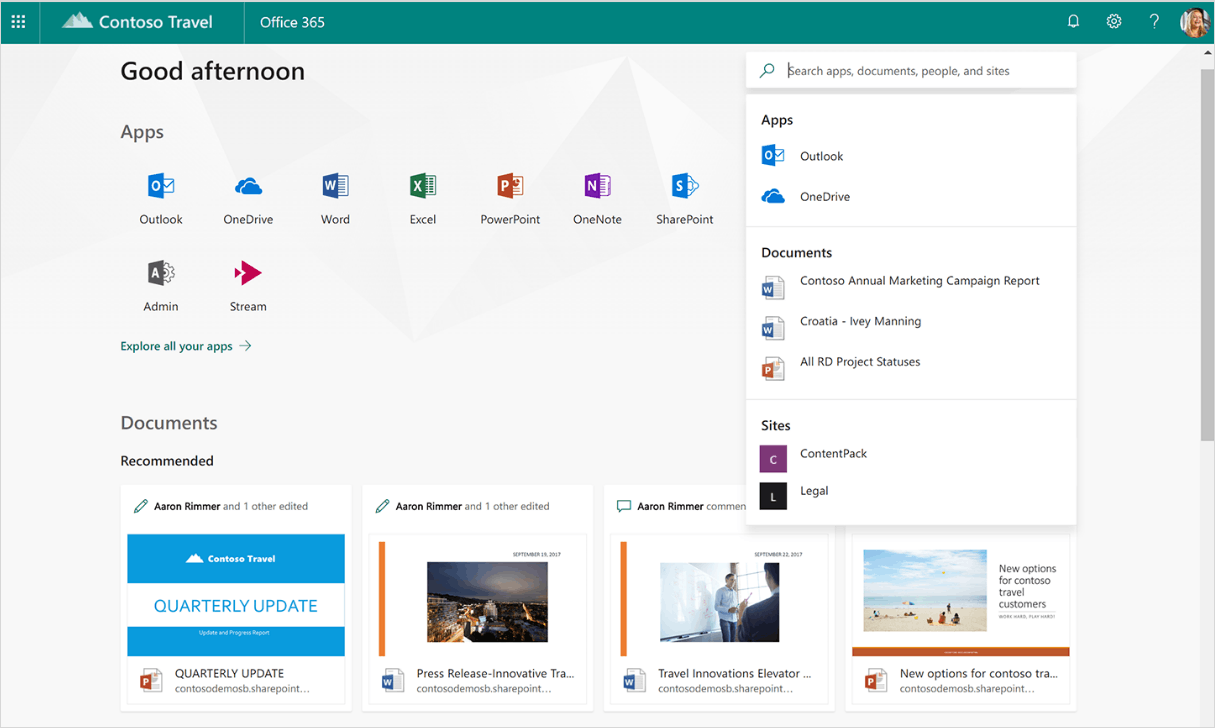Is Office 365 HIPAA compliant?
Office 365, also known as Microsoft 365, is a subscription-based service that includes access to Office applications and other productivity services over the Internet (cloud services). It provides a suite of tools such as Word, Excel, PowerPoint, OneNote, Outlook, Teams, and SharePoint. Office 365 is known for its robust features, seamless integration, and versatility, serving as a comprehensive solution for various business needs.

Office 365 in healthcare
In a healthcare setting, Office 365 can serve as a comprehensive tool for both healthcare delivery and healthcare operations. Its tools like Teams can facilitate telehealth consultations, while Outlook can manage appointments and send reminders. In an in-person care setting, Word can be used for documenting patient information, and Excel for maintaining records and data analysis. SharePoint, another Office 365 tool, can provide a collaborative platform for healthcare professionals to share and manage documents.
Office 365 and HIPAA compliance
Microsoft supports HIPAA compliance across its Office 365 suite and is willing to sign a Business Associate Agreement (BAA). Microsoft implements strong security controls such as encryption, access controls, and audit logs to safeguard customer data. However, it's up to the healthcare entity to ensure that their use of Office 365 complies with HIPAA, including settings and usage practices. More information can be found in Microsoft's Service Trust Portal.
Staying HIPAA Compliant
Take a look at our ultimate guide to HIPAA compliant software and services for help selecting compliant service providers. Though careful vendor evaluation and selection is only one piece of the puzzle for maintaining HIPAA compliance. At TeachMeHIPAA, we offer an affordable HIPAA training solution to ensure your staff are knowledgeable in how to comply, and to help you meet your legally mandated HIPAA training requirement with ease. Learn more about our tips and tricks for maintaining compliance with our HIPAA compliance blog.